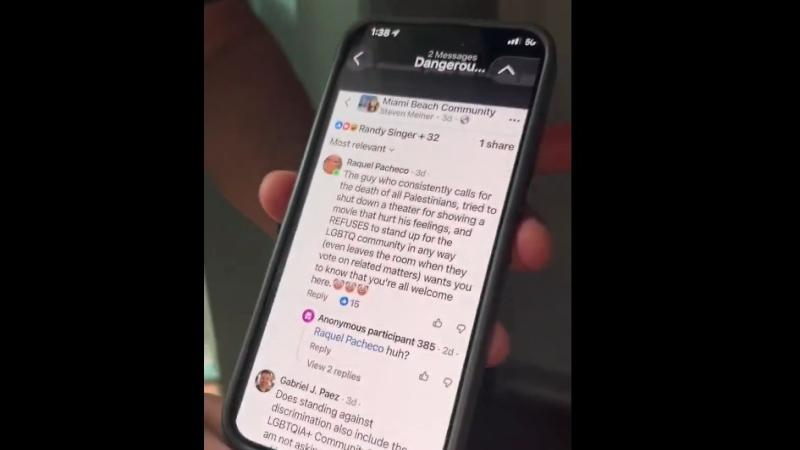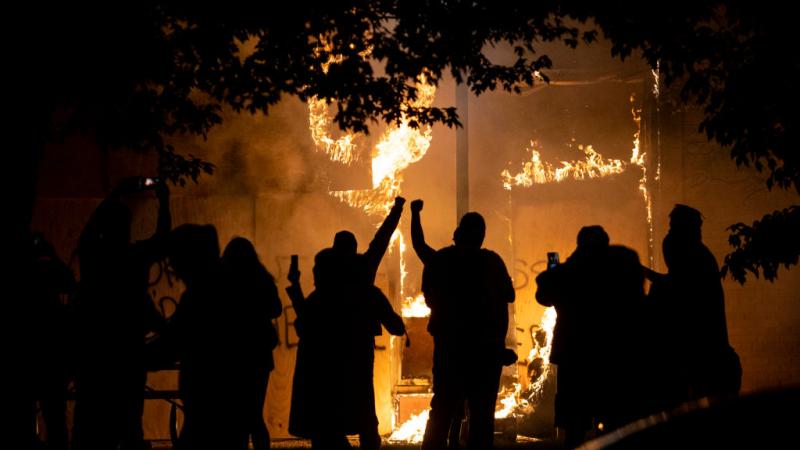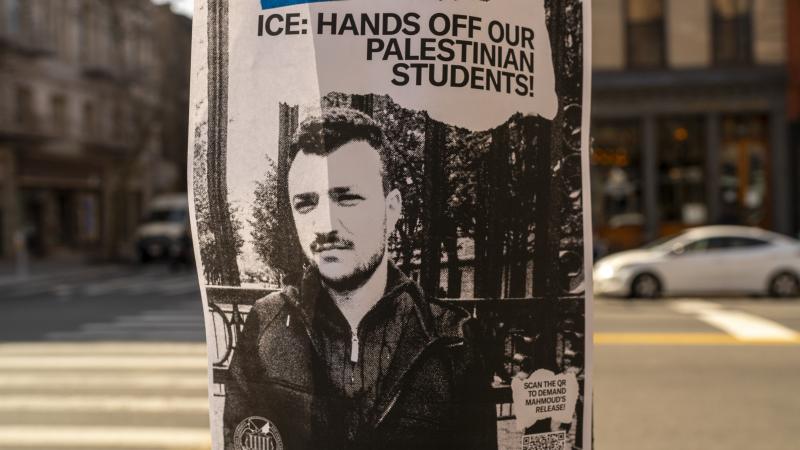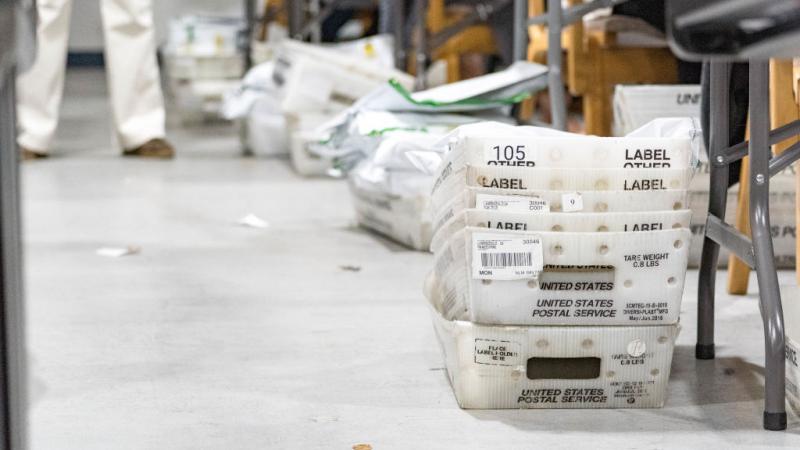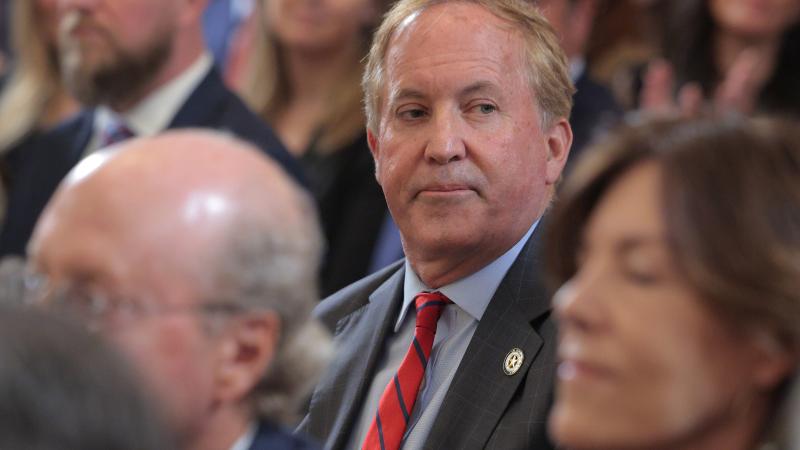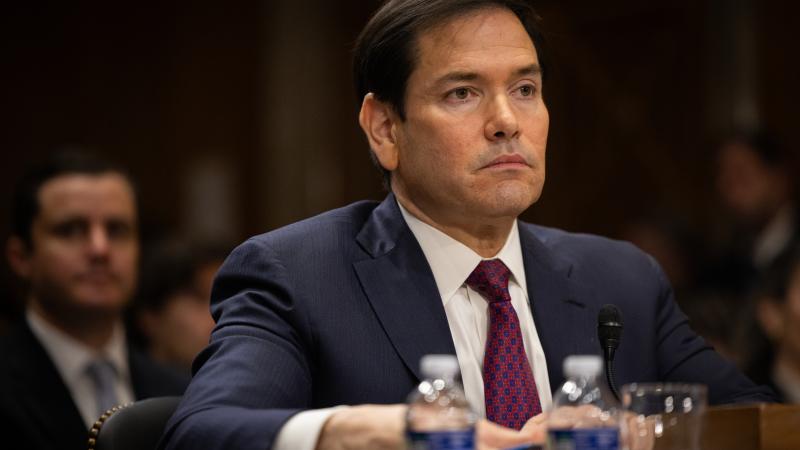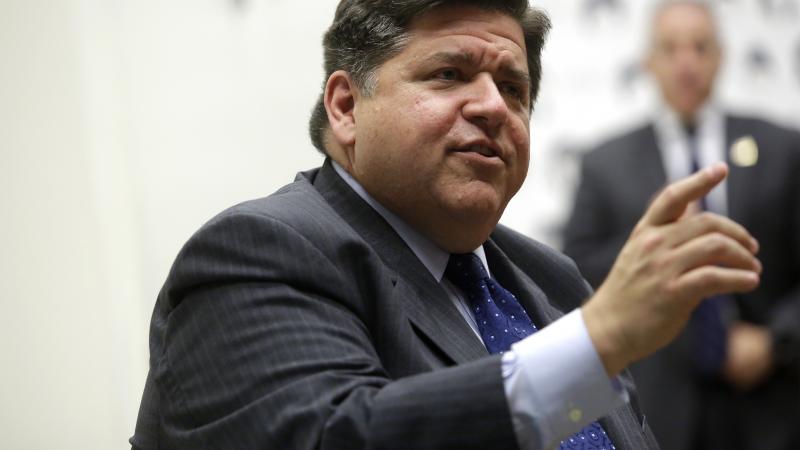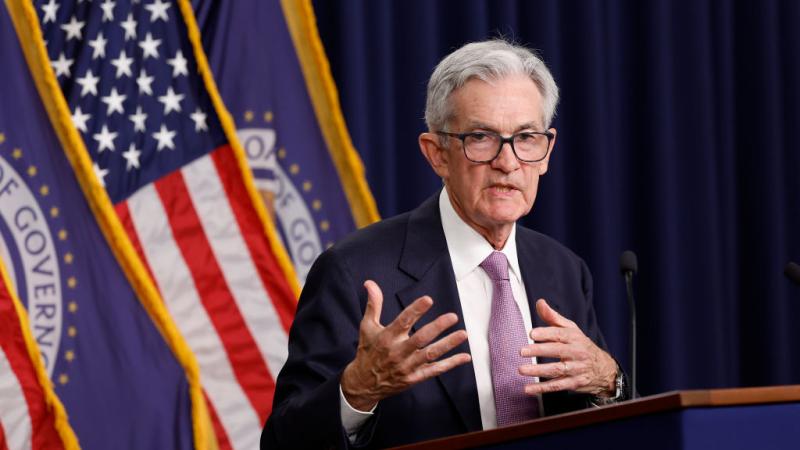Prosecuted for blogging, 'Crazy Fat Lady' returns to SCOTUS to hold public officials accountable
If publishing information from a cop, criticizing a city official's pay raise and reading Bible quotes outside a Pride event can be criminalized, the First Amendment has no meaning, Priscilla Villarreal's lawyers tell high court.
A Texas citizen journalist prosecuted and jailed for seeking information from police and publishing what an officer told her is now petitioning the Supreme Court to review her case to hold individual officers and prosecutors personally accountable, for a second time, after an appeals court allegedly ignored SCOTUS directions.
Laredo-based Priscilla Villarreal, whose nom de plume Lagordiloca means "Crazy Fat Lady," argues the First Amendment is functionally neutered in Texas, Louisiana and Mississippi under deeply split rulings by the full 5th U.S. Circuit Court of Appeals, which is sometimes considered the conservative counterpart to the liberal 9th Circuit on SCOTUS reversals.
The full court's first 9-7 opinion upholding qualified immunity provoked four dissents, two each by judges nominated by Presidents Obama and Trump. Judge James Ho's opinion, joined by five colleagues, concluded the majority was actually enforcing the Russian rather than American constitution, which protects "freedom after speech."
SCOTUS vacated that ruling and ordered the 5th Circuit to re-review Villarreal's case in light of its year-ago ruling for Sylvia Gonzalez, who sued Castle Hills officials for retaliatory arrest, jailing and attempted removal from office after her surprise City Council victory and petition to remove the city manager.
That 8-1 unsigned opinion said Gonzalez didn't have to provide "very specific comparator evidence" – people who had "mishandled a government petition" like she did by "unwittingly" putting the petition in her binder, but weren't arrested – to show retaliatory arrest.
Her review of a decade of criminal prosecutions showed "the Texas anti-tampering statute had never been used" in Bexar County for "trying to steal a nonbinding or expressive document," which "makes it more likely that an officer has declined to arrest someone for engaging in such conduct in the past," the opinion said, vacating and remanding to the 5th Circuit.
The full court went 10-5 against Villarreal in April, with Judge Ho recused, again upholding qualified immunity for Webb-Zapata Counties District Attorney Isidro Alaniz, Webb Chief Assistant DA Marisela Jacaman, Laredo Police Chief Claudio Treviño Jr., police officers Juan Ruiz and Deyanira Villarreal (no relation), and two unknown county employees.
The majority said the officials "easily" deserved the shield against personal liability because their actions against Villarreal happened two years before the 2019 precedent that SCOTUS said the 5th Circuit had misapplied, and before that SCOTUS said it has "never recognized a First Amendment right to be free from a retaliatory arrest that is supported by probable cause."
Despite SCOTUS vacating the ruling, awarding costs to Villarreal and reinstating her lawsuit, the majority "summarily" dooms her again "despite nearly six years of tenacious First Amendment litigation," the dissent said, arguing the case should be remanded to district court because "the parties disagree comprehensively and cogently about the impact of Gonzalez."
From 'check on government power' to 'license to violate the First Amendment'
Public officials spent months seeking "any excuse" to arrest Villarreal for her "routine news reporting," according to her second SCOTUS petition, like the first filed by the Foundation for Individual Rights and Expression.
After a police officer "freely shared" facts with Villarreal for two stories on her 200,000-follower "unfiltered" Facebook page – which features "information, livestreams, and commentary about local crime, traffic, and other news" and often criticizes local police – officials charged her under "a Texas felony statute no local official had enforced in its 23-year history."
It prohibits soliciting or even receiving information from a "public servant" that has "not been made public," as defined by the Texas Public Information Act, if the intent is to "obtain a benefit," defined as "anything reasonably regarded as economic gain or advantage," similar to the charge against Gonzalez.
NPR reported on Villarreal's arrest in 2018 "for revealing the name of a Border Patrol employee who had committed suicide by jumping off an overpass, and for another incident in which she released the last name of a family involved in a fatal car crash." Laredo police Officer Barbara Goodman confirmed what "private citizens" had told Villarreal, the petition says.
"The Fifth Circuit’s ruling not only denies Priscilla justice, but gives police and prosecutors a free pass to turn core First Amendment rights into a crime," FIRE said July 7.
The petition asks SCOTUS to decide whether it "obviously violates the First Amendment to arrest someone for asking government officials questions and publishing the information they volunteer," and whether qualified immunity applies to public officials who "use a state statute in a way that obviously violates the First Amendment."
The 5th Circuit is at odds with the 6th, 8th and 10th circuits on the latter, the petition says, erasing the line between a free society and a "police state," quoting a Supreme Court ruling against a Houston law that bans "interrupt[ing] a police officer."
The New Orleans-based court threatens journalists for their constitutionally validated routine work, converting the 4th Amendment "from a check on government power into a license to violate the First Amendment … creating a free pass for any official who unearths an obscure statute to criminalize protected expression," the petition says.
It concludes with Justice Neil Gorsuch's warning in the 2019 Nieves precedent that the 5th Circuit botched, also the subject of his book Over Ruled, that "criminal laws have grown so exuberantly and come to cover so much previously innocent conduct that almost anyone can be arrested for something," and are ripe for abuse "to silence those who voice unpopular ideas."
They include raiding a Kansas newspaper office that investigated alleged misconduct by the incoming police chief and arresting and charging an Arizona woman for criticizing the city attorney's pay raise and a Pennsylvania man for "peacefully quoting Bible verses on a public sidewalk across from a Pride Month event at city hall," the petition says.
Villarreal's case is "an ideal vehicle to resolve the questions presented" and to guide lower courts grappling with cases "where the First Amendment collides with qualified immunity," which according to a 2023 Institute for Justice survey represent 18 % of all qualified immunity cases, behind only excessive force and false arrest.
There are "no thorny factual disputes" or any hint of "Villarreal making threats, bribing officers, or doing anything else approaching unprotected speech or independently illegal conduct," just a "clear-cut exercise of First Amendment rights, upon which respondents based an arrest decision they concocted over months," the petition says.
The Facts Inside Our Reporter's Notebook
Videos
Links
- petitioning the Supreme Court
- Lagordiloca means "Crazy Fat Lady,"
- conservative counterpart to the liberal 9th Circuit
- 9-7 opinion upholding qualified immunity
- sued Castle Hills officials for retaliatory arrest
- 8-1 unsigned opinion
- full court went 10-5 against Villarreal
- second SCOTUS petition
- NPR reported on Villarreal's arrest in 2018
- FIRE said July 7
- Supreme Court ruling against a Houston law
- Justice Neil Gorsuch's warning in the 2019 Nieves precedent
- Over Ruled
- raiding a Kansas newspaper office
- arresting and charging an Arizona woman
- Pennsylvania man for "peacefully quoting Bible verses
- 2023 Institute for Justice survey
